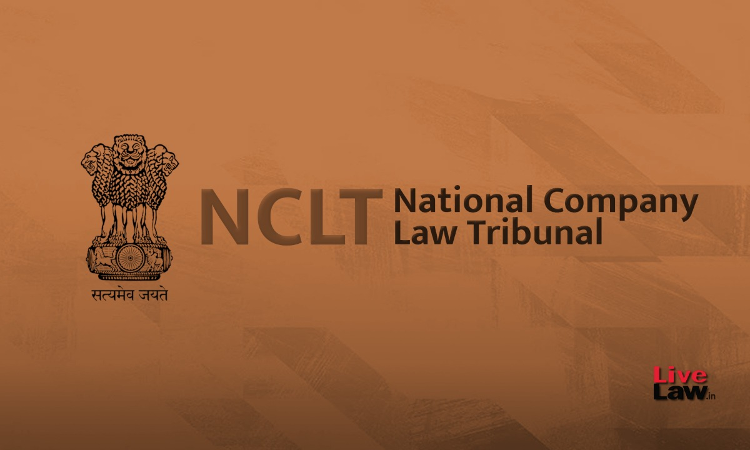Allotment Of Shares At Lesser Price, An Oppressive Act Against Existing Members : NCLT Mumbai
Rajesh Kumar
7 Jun 2024 9:30 PM IST

Next Story
7 Jun 2024 9:30 PM IST
The National Company Law Tribunal Mumbai Bench-I bench of Justice V.G. Bisht (Retd.)and Prabhat Kumar held that allotment of the shares at a concessional price is an oppressive act qua existing members to whom no such allotment has been made. The bench held that the allotment of the share value at a face value, which is less than its book value is not in accordance with the provision...
